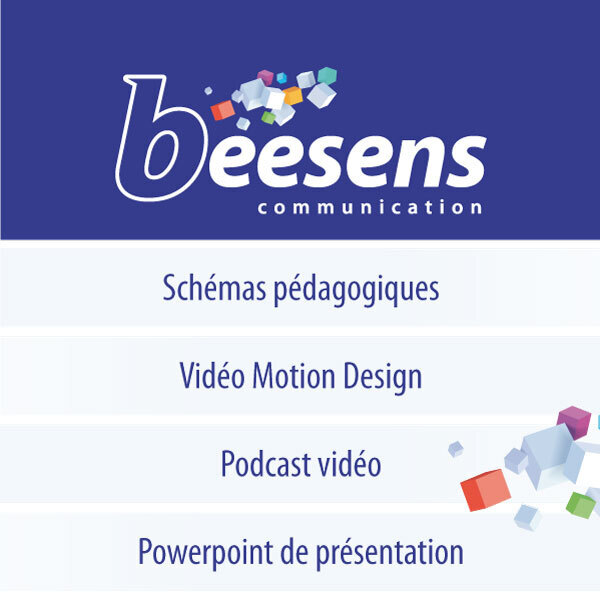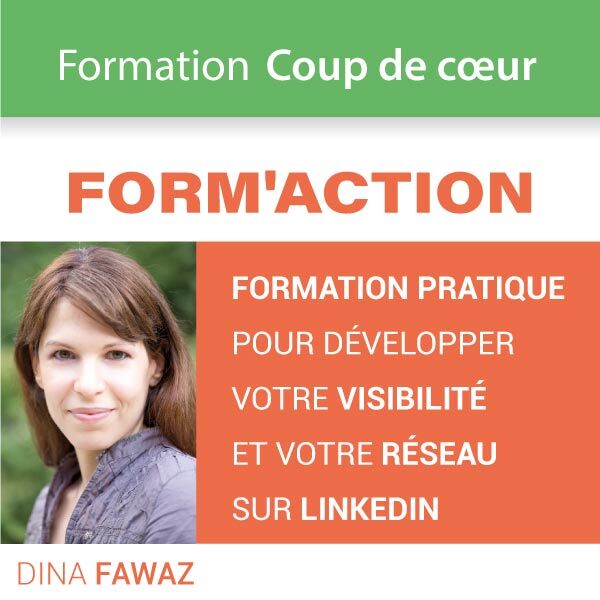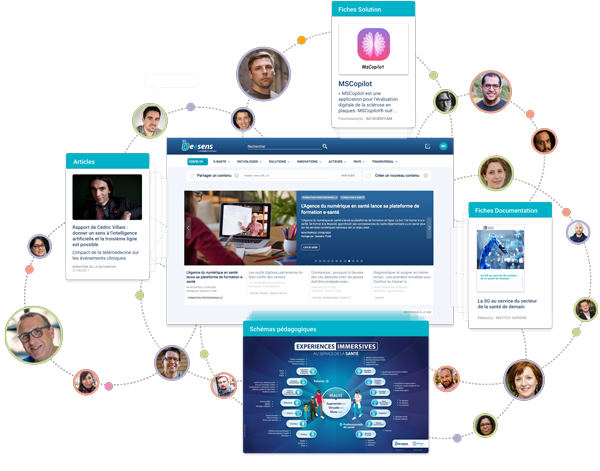"On a Friday morning in July, an internal medicine resident at Beth Israel Deaconess Medical Center stood up in front of a crowded room of fellow trainees and laid out a case for them to solve. A 39-year-old woman who had recently visited the hospital had felt pain in her left knee for several days, and had developed a fever.
Zahir Kanjee, a hospitalist at Beth Israel, flashed the results of the patient’s labs on the screen, followed by an X-ray of her knee, which had fluid buildup around the joint. Kanjee tasked the residents with presenting their top four possible diagnoses for the patient’s condition, along with questions about the patient’s medical history and other examinations or tests they might pursue.
But before they split into groups, he had one more announcement. “We’re going to give you this thing called GPT-4,” he said, “and you’re going to take a few minutes and you can use it however you want to see if it might help you.”
Officially, large language models like GPT-4 have barely entered the realm of clinical practice. Generative AI is being used to help streamline medical-note taking, and explored as a way to respond to patient portal messages. But there’s little doubt that such models will have a far bigger footprint in health care going forward.
“It’s going to be utterly, utterly transformative, and medical education is not ready,” said Adam Rodman, a clinical reasoning researcher who co-directs the iMED initiative at Beth Israel. “And the people who have realized what a big deal it is are all kind of freaking out.”..."
Lire la suite
Preparation over panic: How a Boston hospital is priming medical residents for an era of AI medicine
STATNEWS, 20/07/2023
Partagé par :
Beesens TEAM

Informations liées
Thématiques
Accueil Intelligence Artificielle
IA Générative : ChatGPT etc...










